Mitu’s Hybrid Arts Lab supports women, trans, and non-binary artists working at the intersection of performance and technology.
CLICK HERE FOR TICKETS TO THE HAL PROCESS SHOWINGS ON NOVEMBER 21 & 22!
With a focus on early career BIPOC artists, this program offers studio and creation space, technical resources, training, and mentorship to a small cohort for the exploration, development, and expansion of their practice. The program culminates in a series of studio visits that invites our community to engage in the fellows’ arts practice and join a conversation about art and innovation.
2025 marks our sixth annual Hybrid Arts Lab. Mitu will convene a cohort of three artists for eight months. Each artist will receive support to develop their practice bridging performance and technology. This support includes: a $3,000 award; five weeks of studio space, equipment, and technology at MITU580; mentorship and workshops with Founding Artistic Director Rubén Polendo; training and classes with guest artists modeling creative uses of hardware and software tools in art-making; and a materials budget to support a series of public studio visits.
Current Fellows
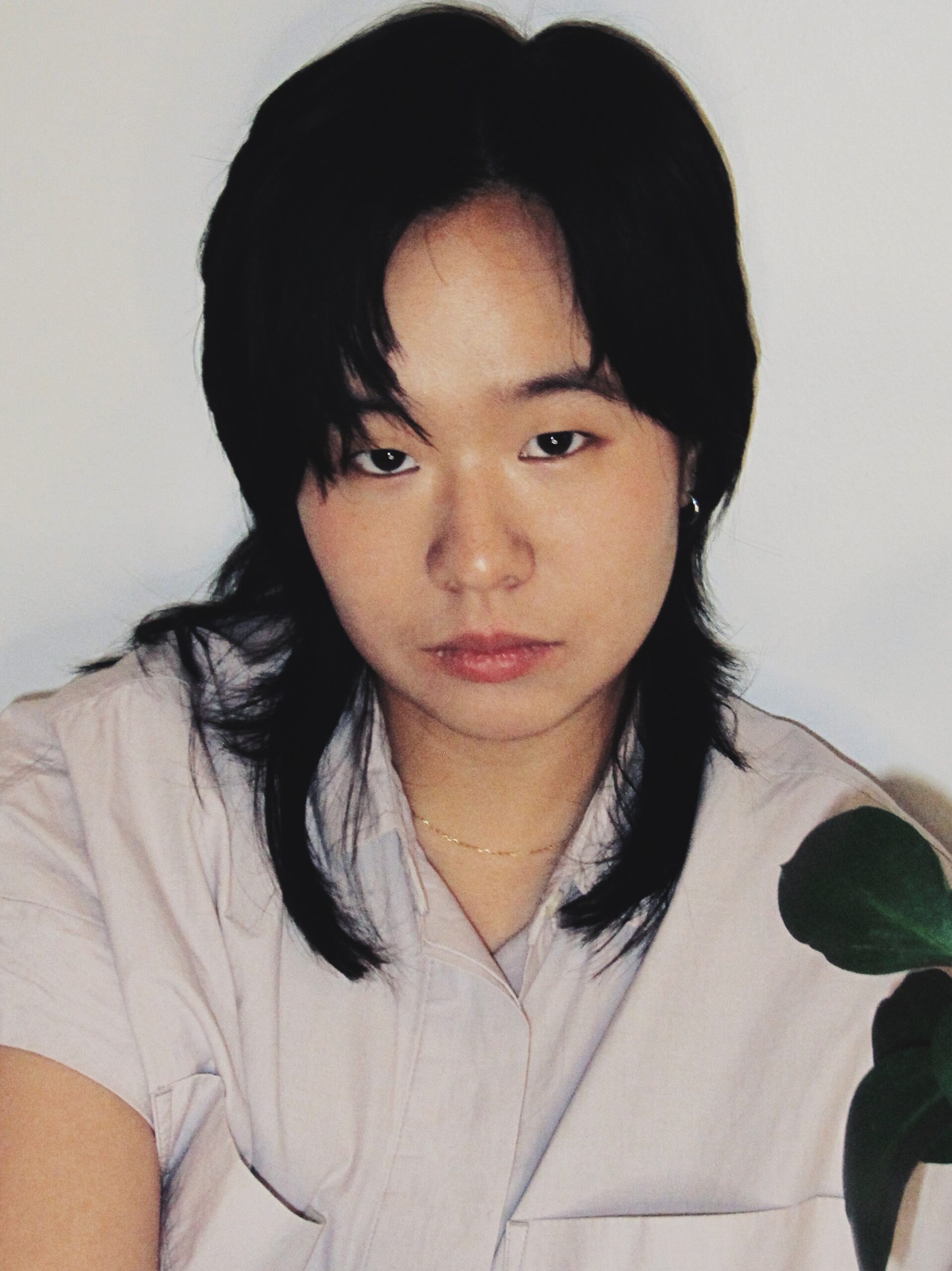
Hillary Gao [all pronouns]
Hillary Gao is a multidisciplinary creator, writer, director, and sometimes performer. Their work explores mythology, chaos, and the sublime. By incorporating elements of technology, music, movement, and a spiritual/visceral vocabulary, they attempt to reflect modern-day complexities and conditions. Right now they are interested in how the deconstruction of the familiar can lead to innovation.
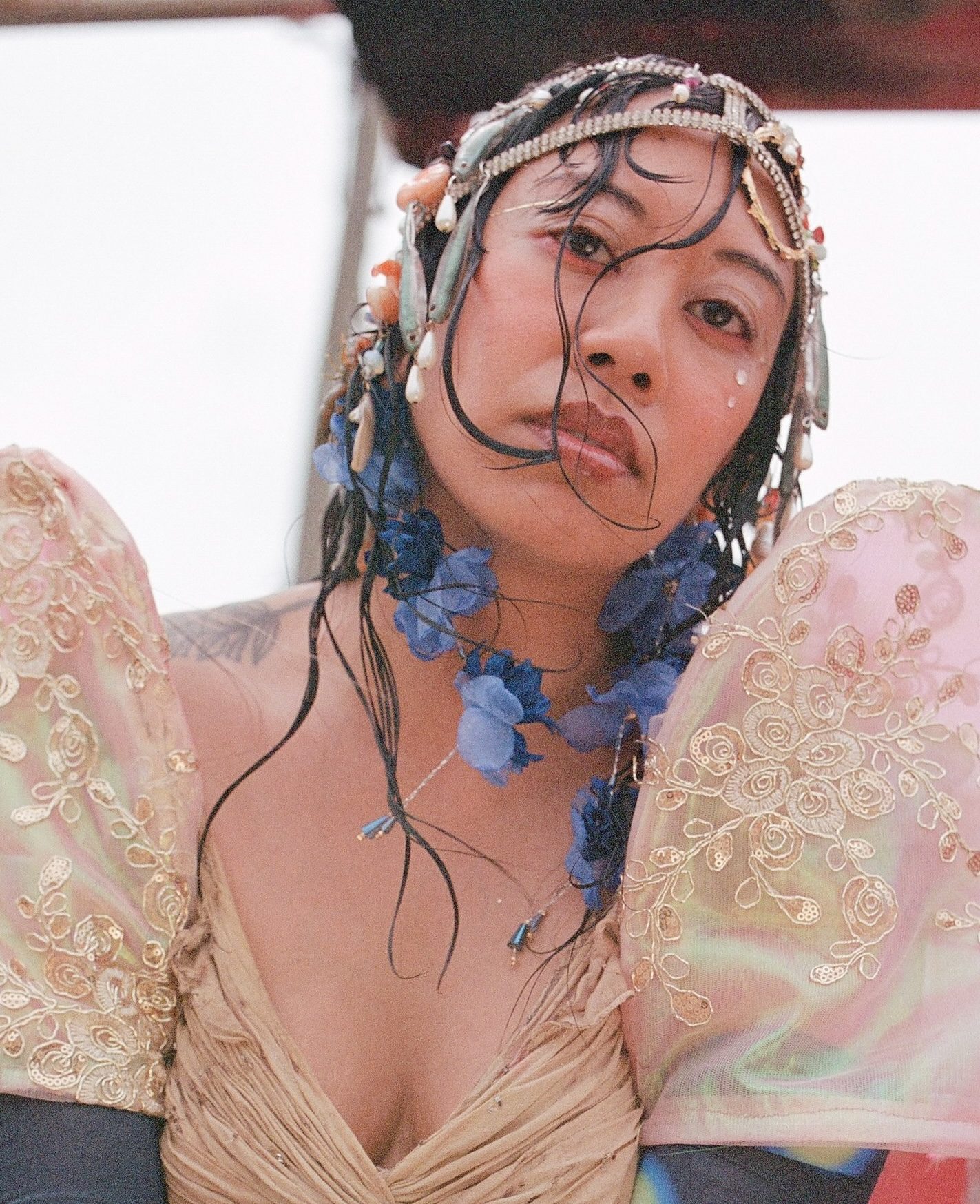
Kat Sotelo [she/they]
Through choreography, video, and set design, Kat Sotelo creates realms at the threshold of the ordinary and the extraordinary. The stage becomes a kaleidoscope of dance, live video feeds, TV screens, and personal VHS archives. Their current work explores eroticism and servitude through a Filipino American lens—melding exotic dance, Philippine folk traditions, and cinematic compositions. They perform identity as both myth and memory, where fantasy lives in the mundane and the intimate meets the spectacular.
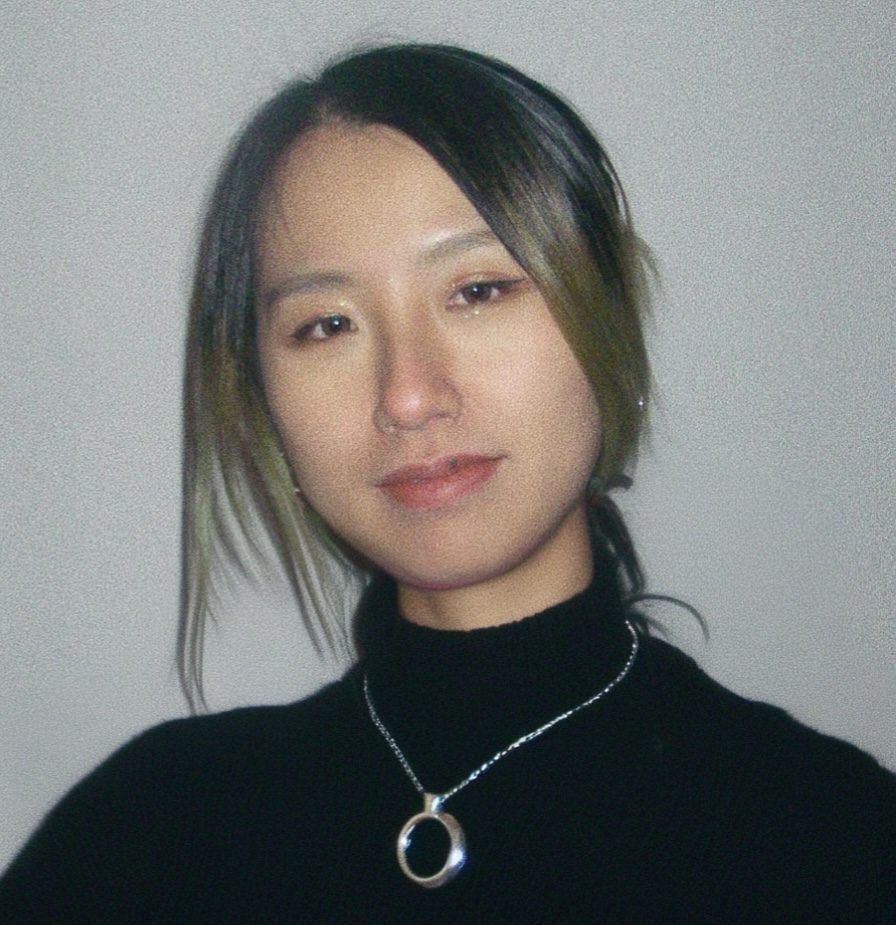
Caren Wenqing Ye [she/they]
Caren Wenqing Ye is an interdisciplinary artist, designer, and entrepreneur. Her practice moves between ink and algorithm, virtual reality and light—where technology meets tenderness. Through drawings, performances, and immersive spaces, she creates portals where inner vision meets shared breath. Infused with mindfulness and imagination, her work invites reflection, empathy, and transformation. For Caren, art is ritual and lived practice: a shared unfolding of healing, where boundaries blur between creator and witness, dream and reality.
APPLICATIONS FOR THIS YEAR’S PROGRAM ARE CLOSED.
Please check back later for information on the 2026 application process
ELIGIBILITY:
- Artists are required to be local in New York City and prepared for all in-person activities. Virtual or remote participation will not be an option.
- This program is focused on supporting BIPOC women, trans, and non-binary artists working at the intersection of performance and technology. We welcome applications from everyone interested in the program or the organization, however we will be prioritizing BIPOC women, trans, and non-binary artists for acceptance.
- This program is dedicated to emerging and early career artists who are not currently enrolled in a degree granting program.
- As an arts practice fellowship, a commitment to work at the intersection of performance and technology, a commitment to acquire new skills, and a willingness to publicly share in-process aspects of your work are required to participate in the program.
PROGRAM SCHEDULE:
The following schedule is subject to change based on participant needs and organizational capacity but reflects the overall time commitment required to participate in the Hybrid Arts Lab.
- The Hybrid Arts Lab begins in April and ends all in-person activities by November 30th.
- During most of the fellowship, participants will generally between one and four times per month for meetings, classes, or guest artist sessions. Additionally artists will be granted five weeks of studio space where fellows will be expected to maintain a schedule of in-person working hours developing work and exploring new elements of their practice. Fellows will be expected to maintain a minimum of 20 hours of work time each studio week.
- Each participant will receive five exploratory weeks with shared use of MITU580 and shared access to the venue’s lighting, audio, video equipment, and software. The first two-week period will be held in July. The second three-week period will be held in November.
- The cohort will culminate the second period of studio weeks in November by presenting a series of in-process studio visits with our community. Fellows must be available for this time in order to participate in the program.
APPLICATION GUIDELINES:
- Applications for the 2025 Hybrid Arts Lab are now closed. 2026 Program details will be released soon.
- Perspective applicants should be available for a 30-45 minute in person interview within two weeks of the application deadline.
After submitting your application, you will be required to email one attached copy of the following to [email protected]
- Artistic C.V.
- Work samples of 2-4 recently completed works with accompanying links or digital portfolio.
- Contact Information for two references: relationship, email, and phone number.
- A recent photograph of yourself.
APPLICATIONS FOR THE 2026 PROGRAM WILL BE ANNOUNCED SOON.
Follow us @theatermitu or join our mailing list for updates on the program!
This program has received funding from the National Endowment for The Arts Media Arts Discipline, New York City Department of Cultural Affairs, The New York State Council on the Arts with support from Governor Kathy Hochul, The Rockefeller Brothers Fund, and The New York Community Trust’s Van Lier Fellowship.
Program Alumni
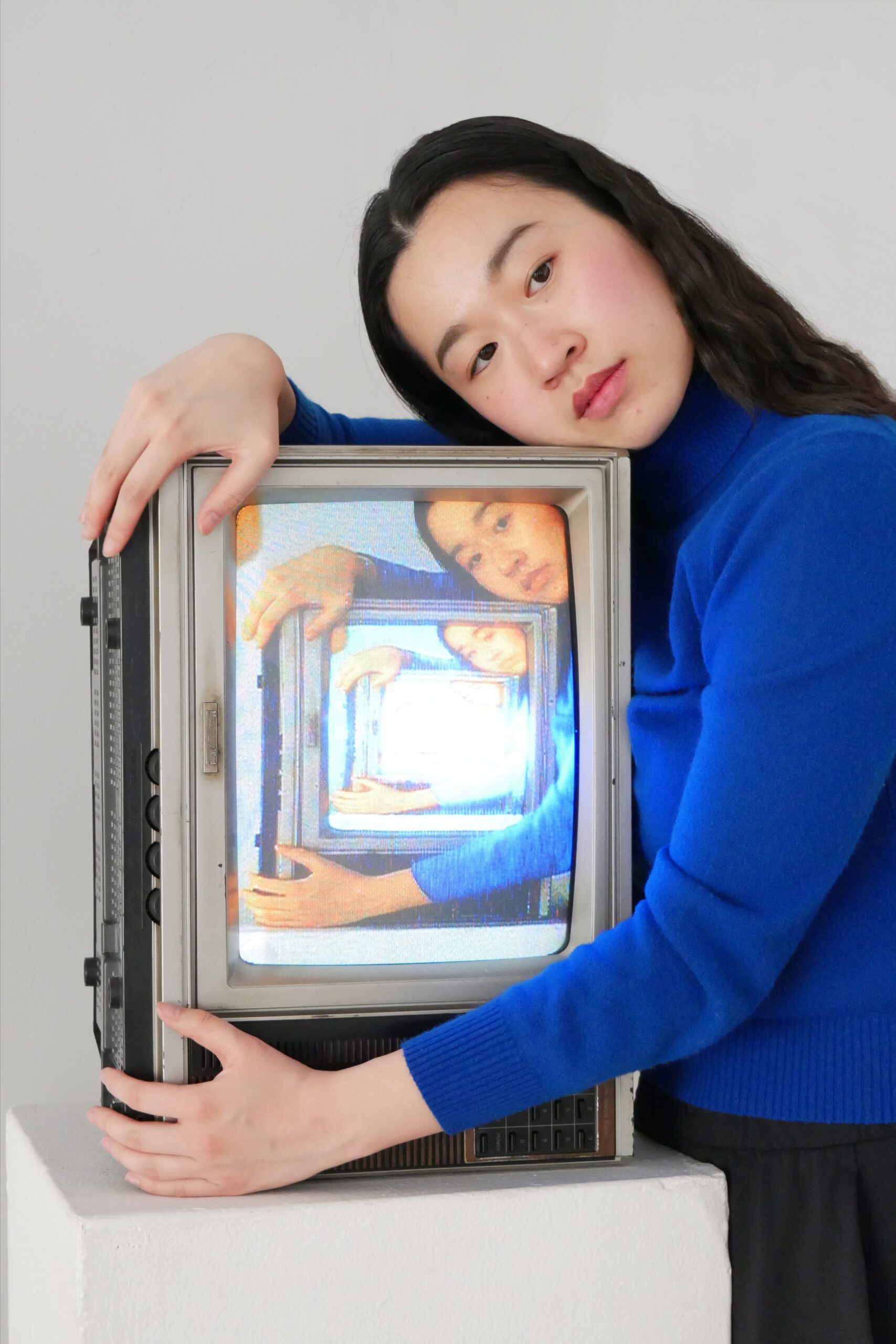
Qixin Zhang [she/her]
Qixin Zhang is an interdisciplinary multi-media artist and collaborative designer, creatively blending art and technology to craft transformative experiences. Her diverse background in architecture and media design for theatre encompasses both Eastern and Western influences. Her work resonates with rich cultural narratives and contemporary expressions. Originally from Fuzhou, China, she now resides in NYC, where her Fuzhounese cultural identity has become a subject for re-exploration.
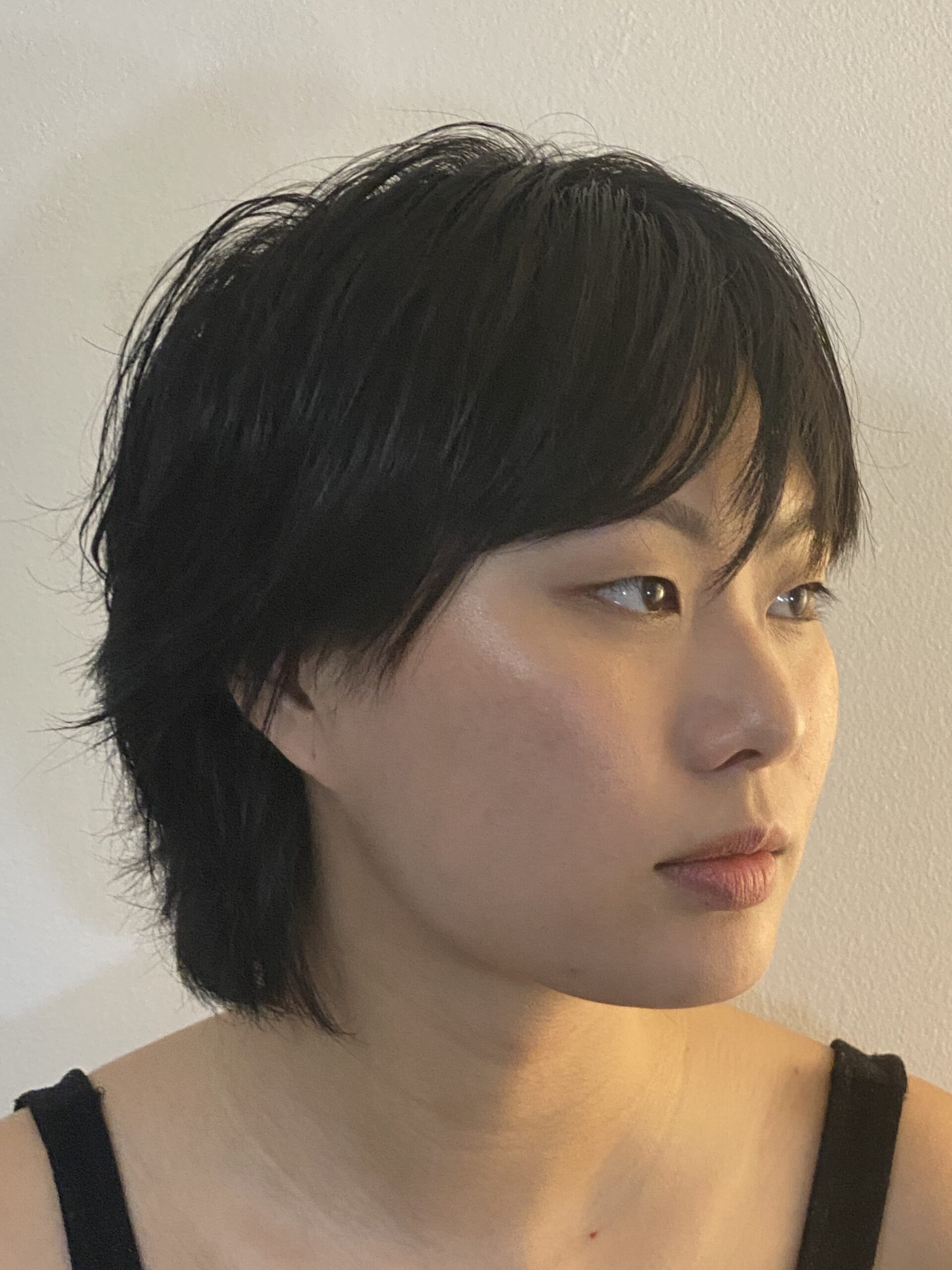
Ker Chen [she/they]
Ker Chen is a multimedia artist who signals through creating virtual worlds and producing live experiences. Ker explores myths, fortune-telling, and AI algorithms to capture data points from the future and validate the present. Concerned with the simulation of sensations by endogenous chemicals, Ker strives to find elements of control within the invisible and chaotic aspects of existence, looking inward to the body, outward to the surrounding environment, and beyond to the external world.
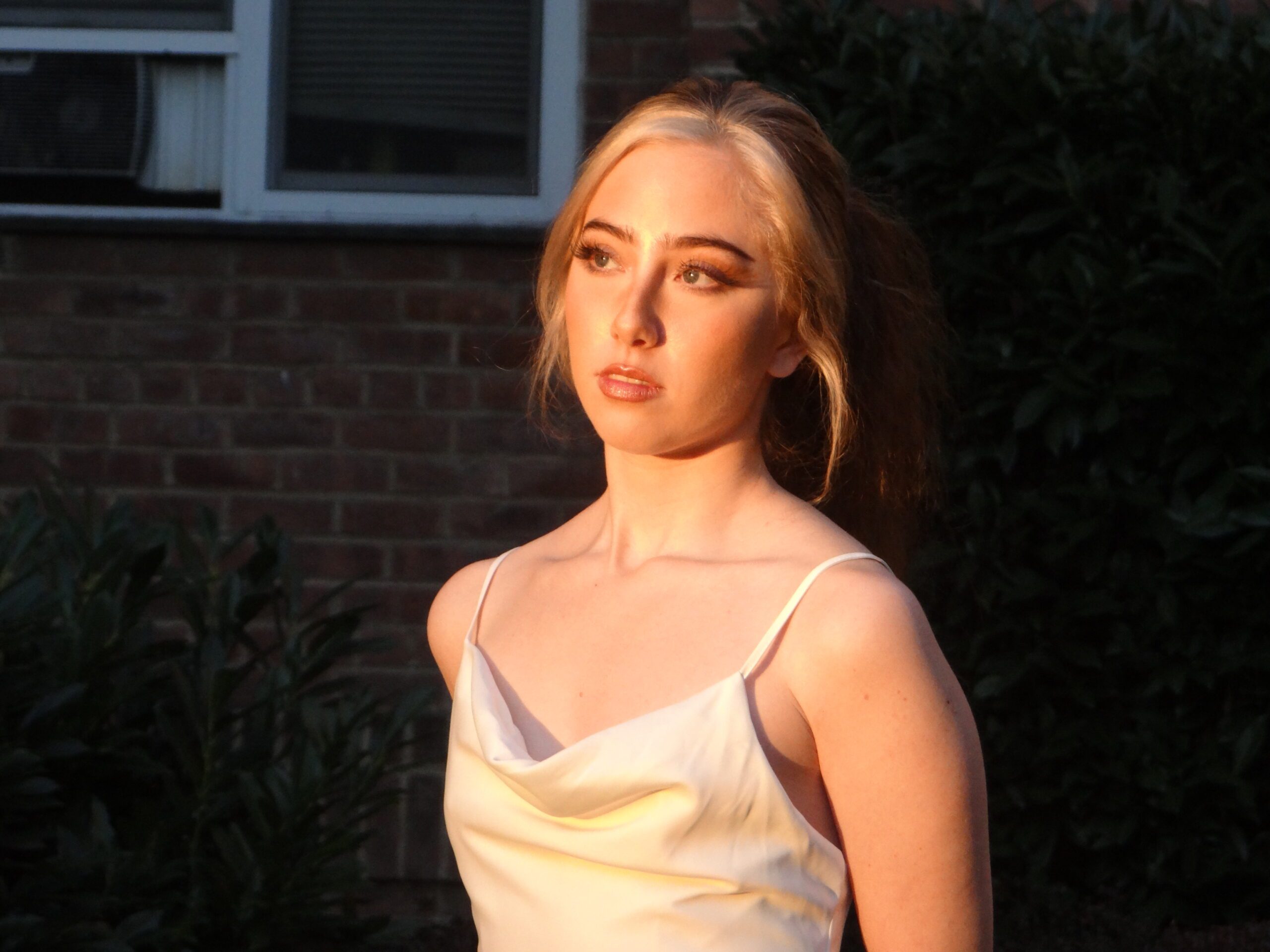
Dahlia Bloomstone [she/her]
Dahlia Bloomstone attempts to address and reconcile specific modes of affective labor. With humor, vulnerability, and political urgency, Dahlia surveys the technologies and economies around the social value and social implications of online and IRL sexual commerce and investigates relevant paradigm shifts. She is especially interested in conjugating the spaces of sex work, damask, healthcare, gold, using fishes as metaphoric main characters and activators to embed conversations of intertwined ecologies, and speaking to alternative value systems.
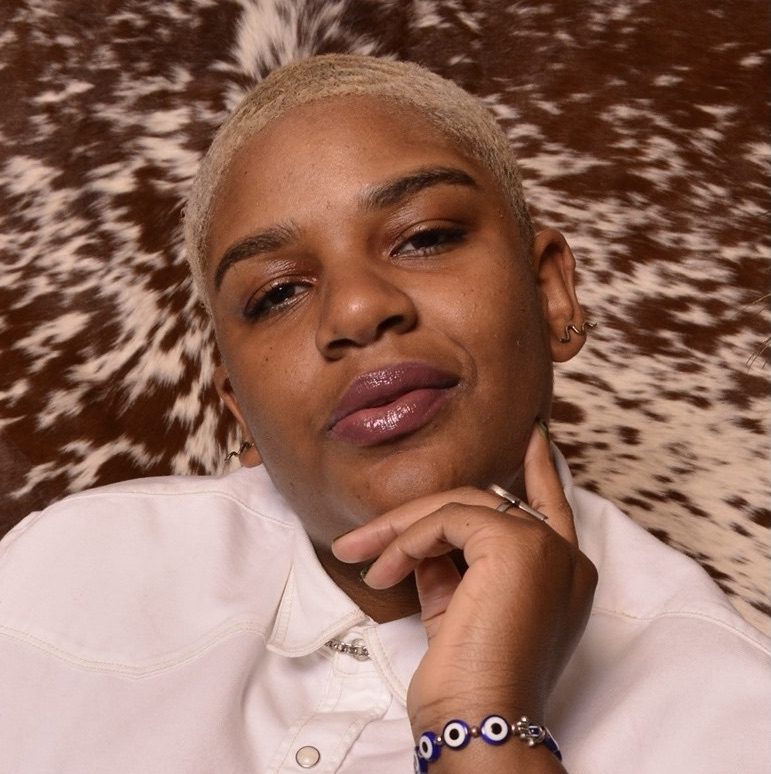
MUSE DODD [they/them]
Muse Dodd is an anti-disciplinary artist, curator, and DJ from Severn, Maryland based in the US. Their work centers on the questions: How do you remember? And what do you choose to forget? Through the act of remembering, Muse uses their body to map the lived experience of Africans in America. Muse channels trauma to connect with, process, and alchemize pain—both personal and collective—by creating multimedia visual and performance pieces that facilitate collective dreaming.
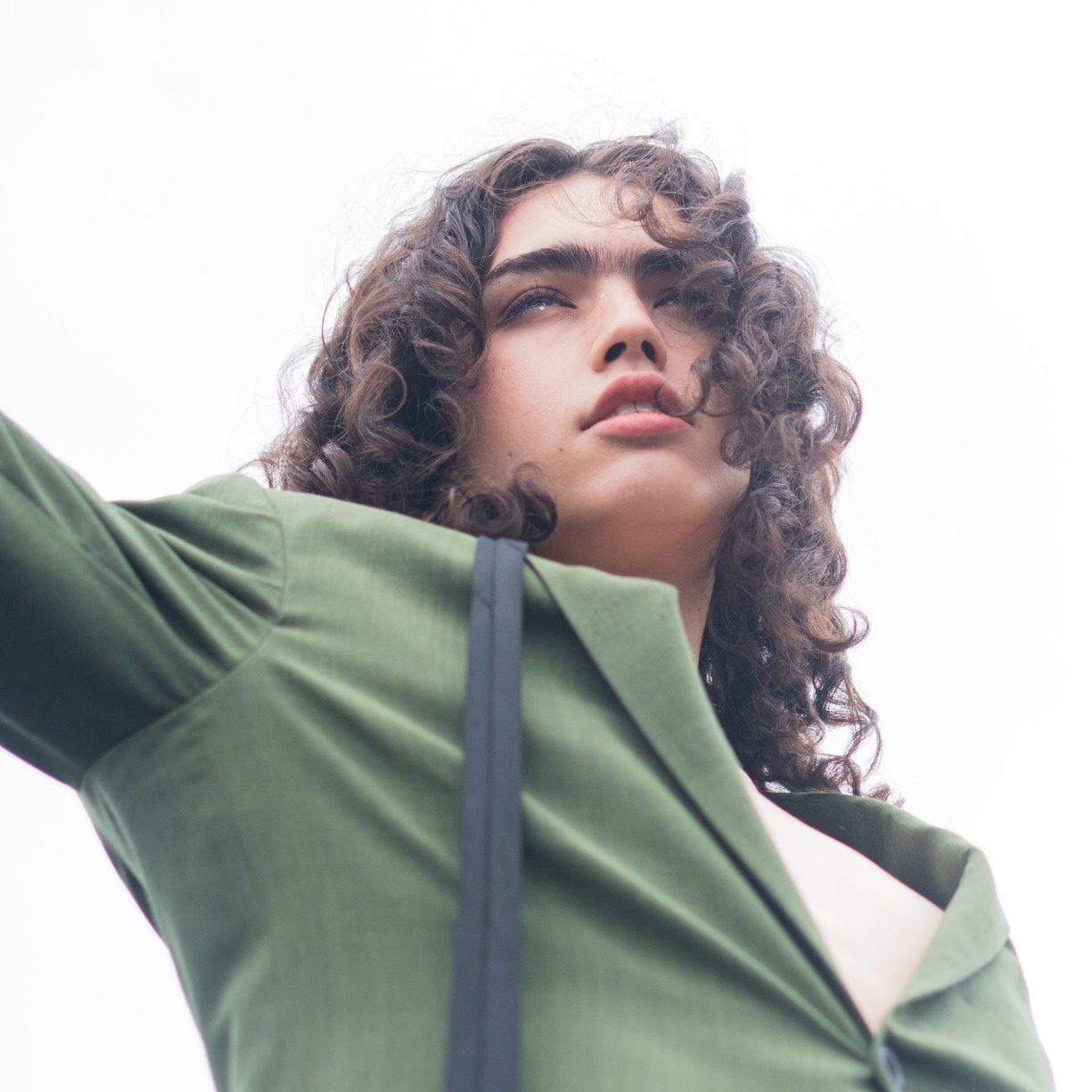
JACE WEYANT [she/her]
Jace Weyant is a choreographer, composer, and creative technologist. Her work explores the function of fantasy within processes of identification, physicalizing the unreality of the self and its surroundings. She surveys the dialectic of individuality and symbol—individuality as self-control, symbol as self-abandonment. Her work stands at an intersection of the emotive and the mathematical, using movement, sound, and technology to construct worlds in which earnest myths play out.
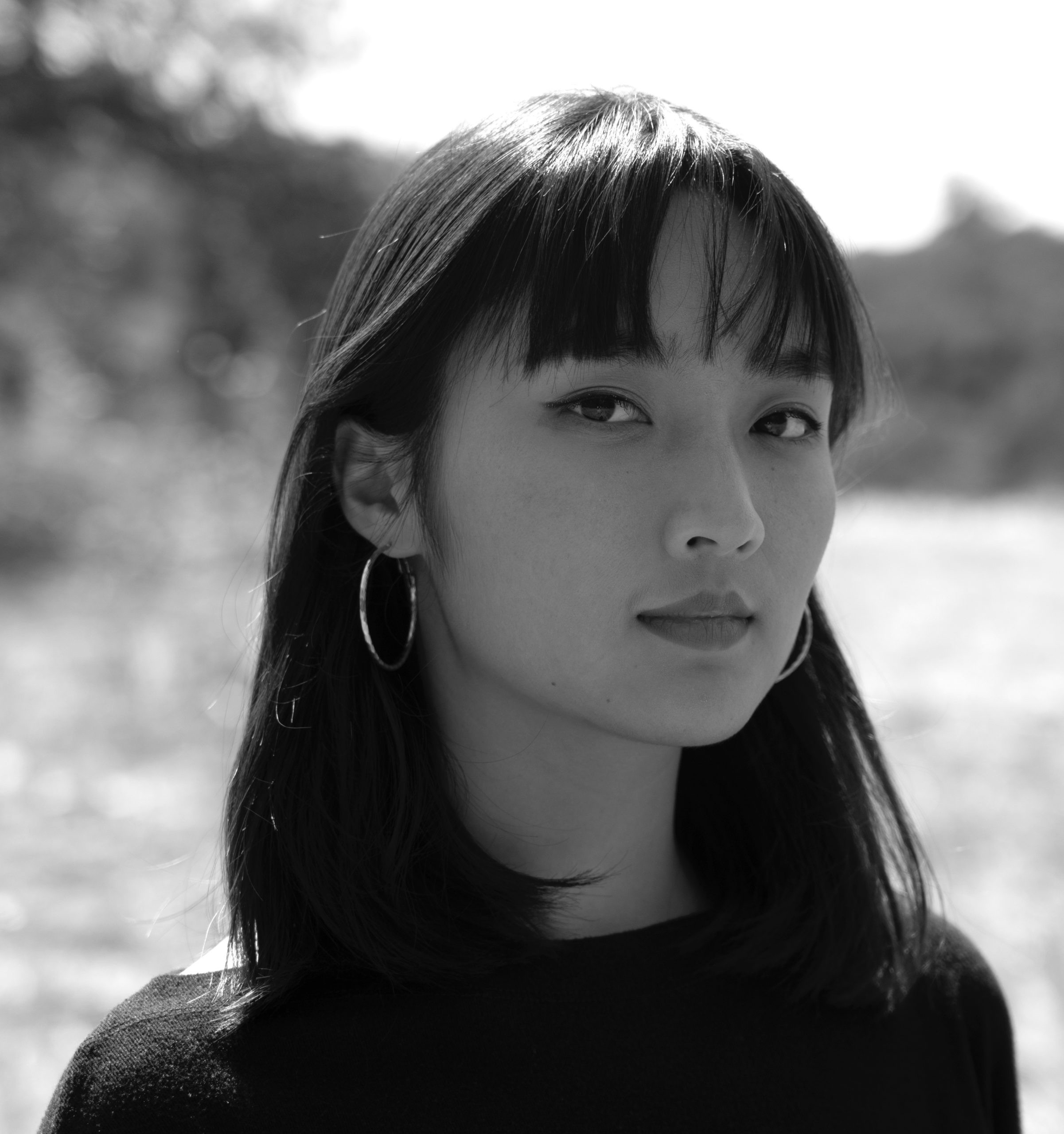
XIAOYUE ZHANG [she/her]
Xiaoyue Zhang is an interdisciplinary artist and creative producer from China, making work at the intersection of performance, dance, film, and photography. She is drawn to migration, displacement, disruption, and translation. She sees her process as experimentations where she collaborates with bodies, others and her own, to un-learn experiences that are rooted in colonial, oppressive, and homogenizing disciplines, and to seek the healing potential in re-connecting with ancestral, spiritual, and bodily intuitions that guide our spatial and emotional movement.
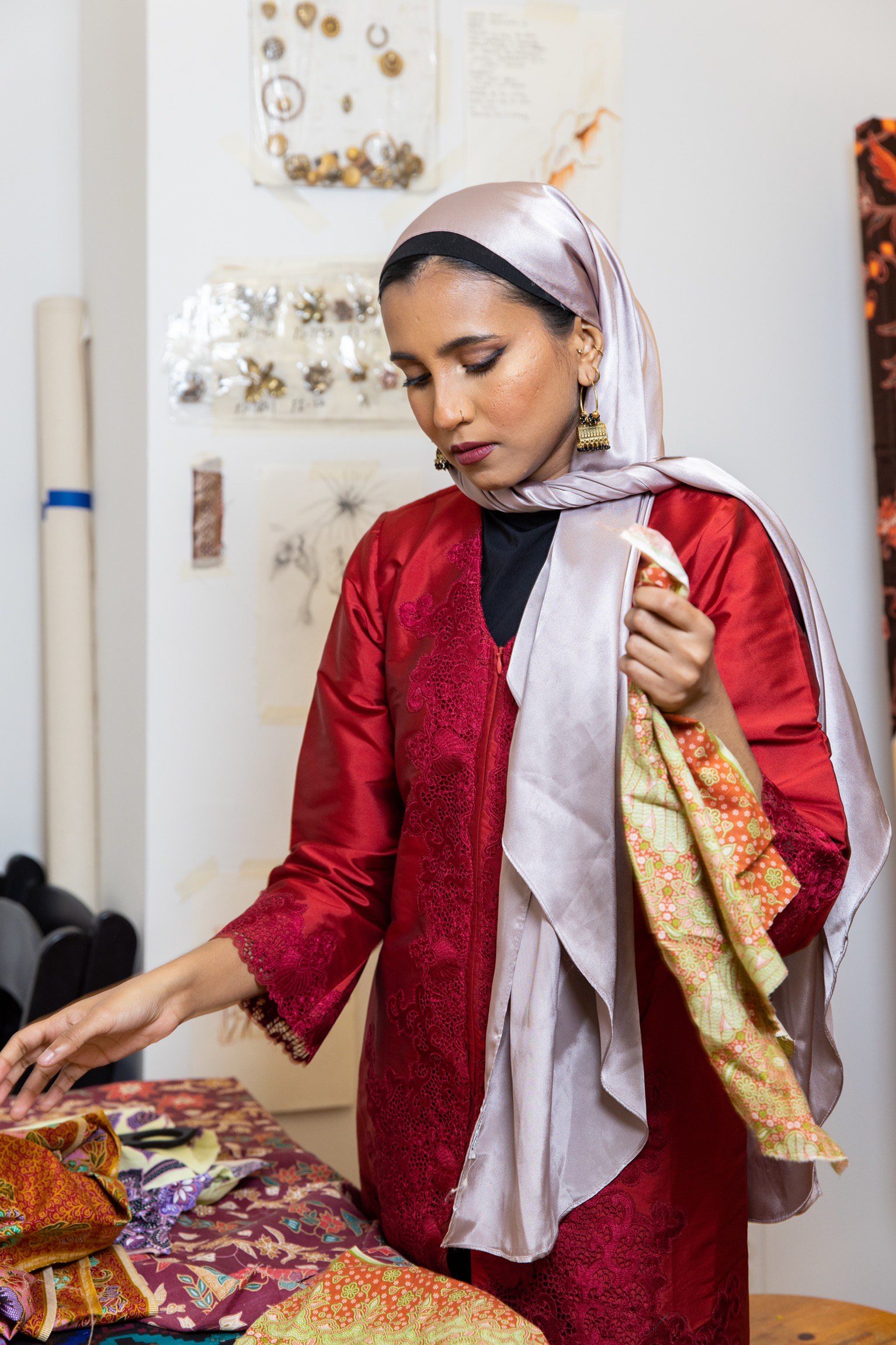
AZZAH SULTAN [she/her]
Azzah Sultan’s body of work debunks cultural myths created by society and explores stigmas related to her identity. She aims to give authority to herself in her work by being the performer, the author, and the subject. Sultan plays on the idea of the self by exploring her relationship with her parents, language, and her Malaysian nationality. Being an immigrant in a country can shape and form the way you live your life; you struggle to identify whether or not you are a part of your environment or an outsider. Traditional garments, passing down of familial lineage and practices are what she is currently interested in exploring her artistic practice.
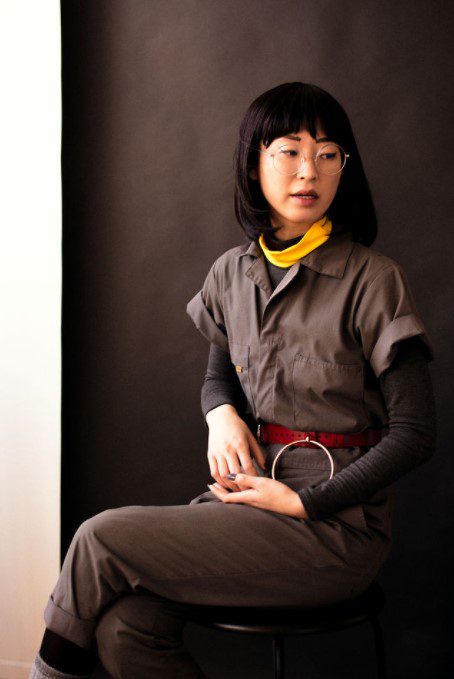
CATHERINE CHEN [they/them]
Catherine Chen is a multidiscplinary poet and performer of Taiwanese heritage. Their practice activates a kind of architectural writing which articulates the ways they inhabit rituals of mourning, desire, and Asian American identity making. They’re interested in mundane living, ancestral altars, and political histories of grief. Through poetry, performance, and video, their work explores the question: How does one narrativize a queer history and futurity built from everyday material sites?
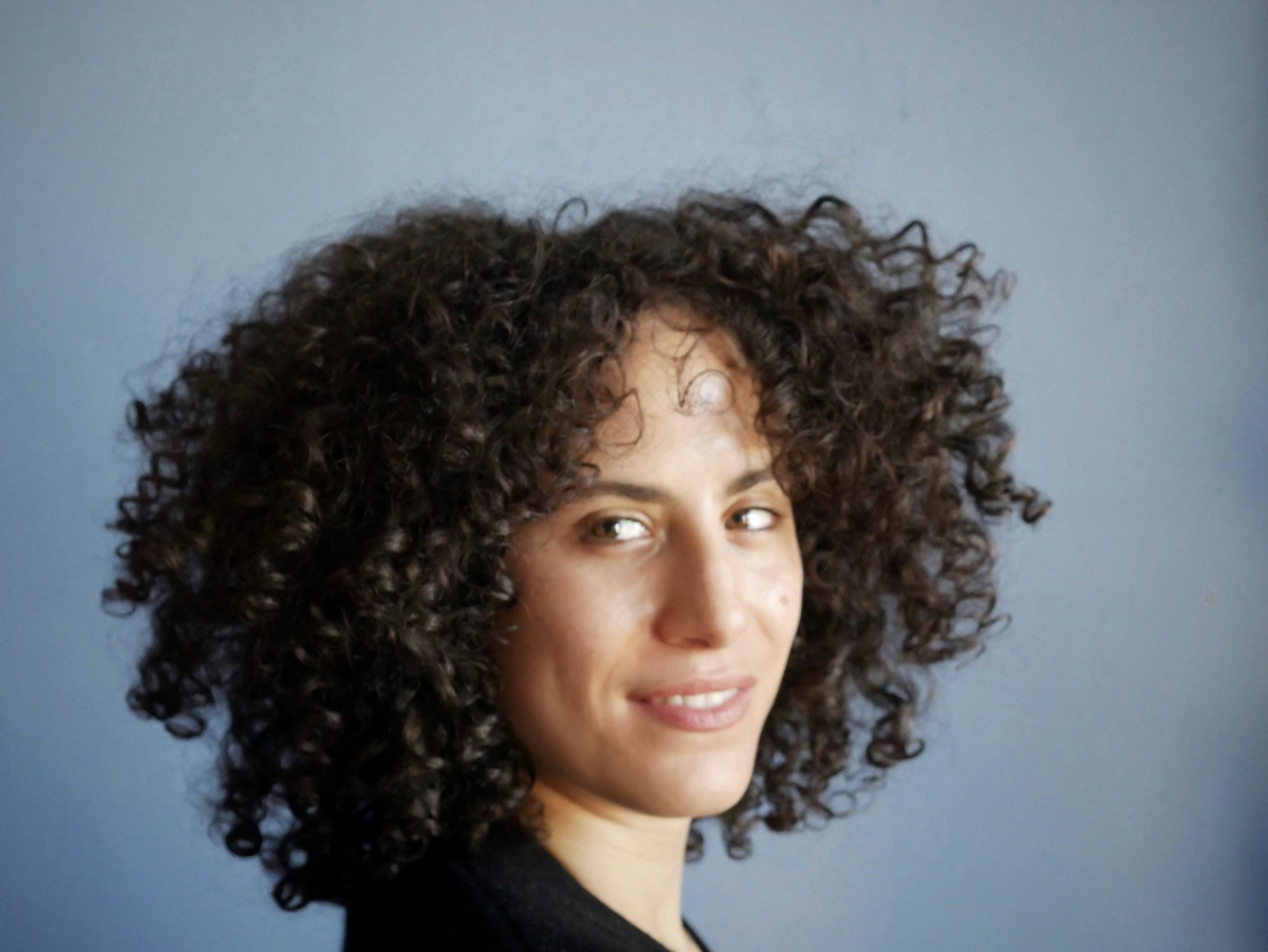
ZOHRA BENZERGA [she/her]
Zohra Benzerga is a multidisciplinary artist, educator and scholar. Her work centers on colonial legacies within current discourses and policies, and the resistance of bodies/landscapes to visualization. She is particularly interested in exploring illegibility as a form of defiance. Her practice has brought her to Eswatini, South Africa, Senegal, and France. Benzerga holds a BFA from New York University and an MA from Columbia University’s Committee on Global Thought.
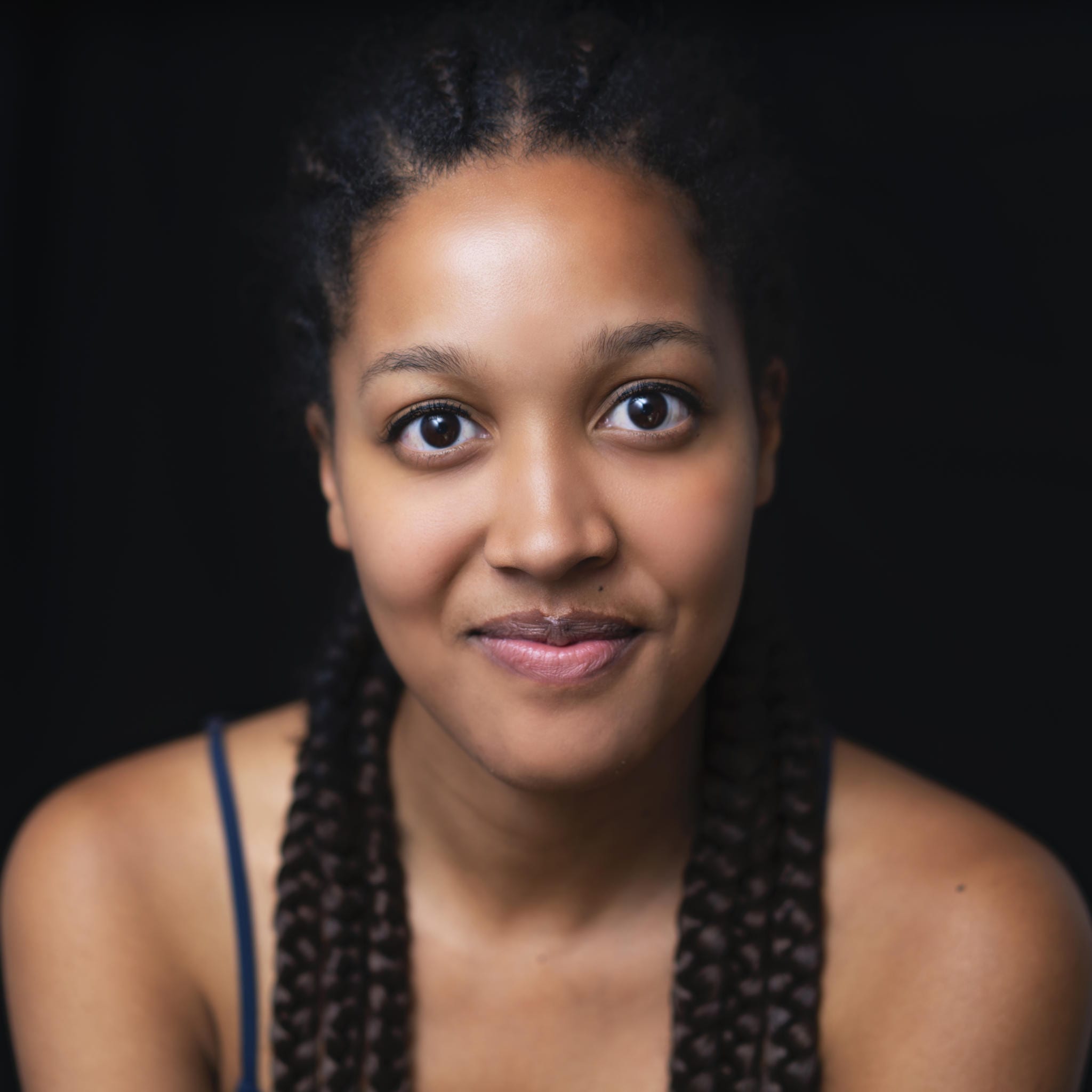
NIA FARRELL [she/her]
Nia Farrell is a creator, performer, and Mundane Afrofuturist who focuses on developing new work that celebrates the dreams and stories of Black communities. Her favorite artistic spaces are community-conscious and community-driven as they are opportunities to explore identity and belonging. Recent credits include Dreams in Black Major (creator; Theatertreffen Stückemarkt 2021, Ars Nova ANT Fest 2019). Nia is a finalist for SPACE on Ryder Farm’s Creative Residency 2020 and is a member of the 2019-21 Soho Rep Writer / Director Lab where she and her artistic soulmate, Talia Paulette Oliveras, are developing their sophomore project, A Map To Nowhere (things are). When Nia’s not dreaming and scheming new Afro-futures, she is the Development Associate for Nine Muses Entertainment, founded by Bryce Dallas Howard, and the Interactive Social Media Manager for National Black Theatre. Learn more at niafarrell.com
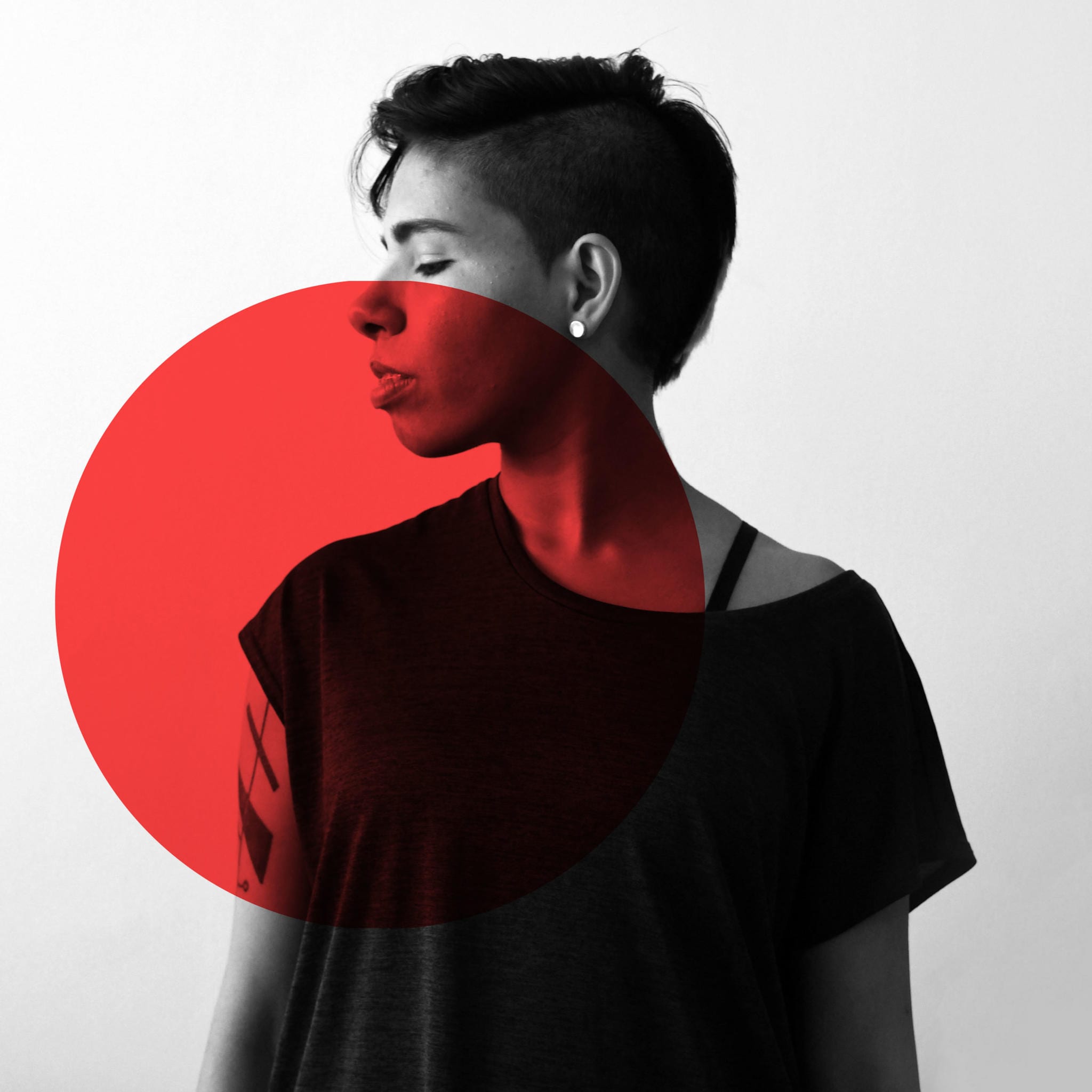
HARSHINI KARUNARATNE [she/her]
Harshini J. Karunaratne is a Sri Lankan-Peruvian photographer and projection designer currently based in Abu Dhabi. She is passionate about the intersection of film and theater, having graduated in Film & New Media and Theater from New York University Abu Dhabi in 2018. For thesis, Harshini created a projection-based performance titled “Afterlife: an audiovisual performance,” which attempted to reimagine the magic lantern phantasmagoria shows of the 18th century using contemporary VJ techniques. Her research focused on the ways in which immersive performances can be created that are as cinematic as they are theatrical, to create a performance that reimagined the story of Hades and the Underworld through Buddhist and Hindu beliefs. Harshini has had her work shown in Italy, Japan, the United Arab Emirates, as well as at FILE Festival in Brazil and at Burning Man in the United States. She is constantly experimenting with new forms and mediums, but behind every exploration is a passion for performance. Whether it is web design or illustration, performance and the involvement of the audience are at the core of her practice. Learn more at harshinijk.com
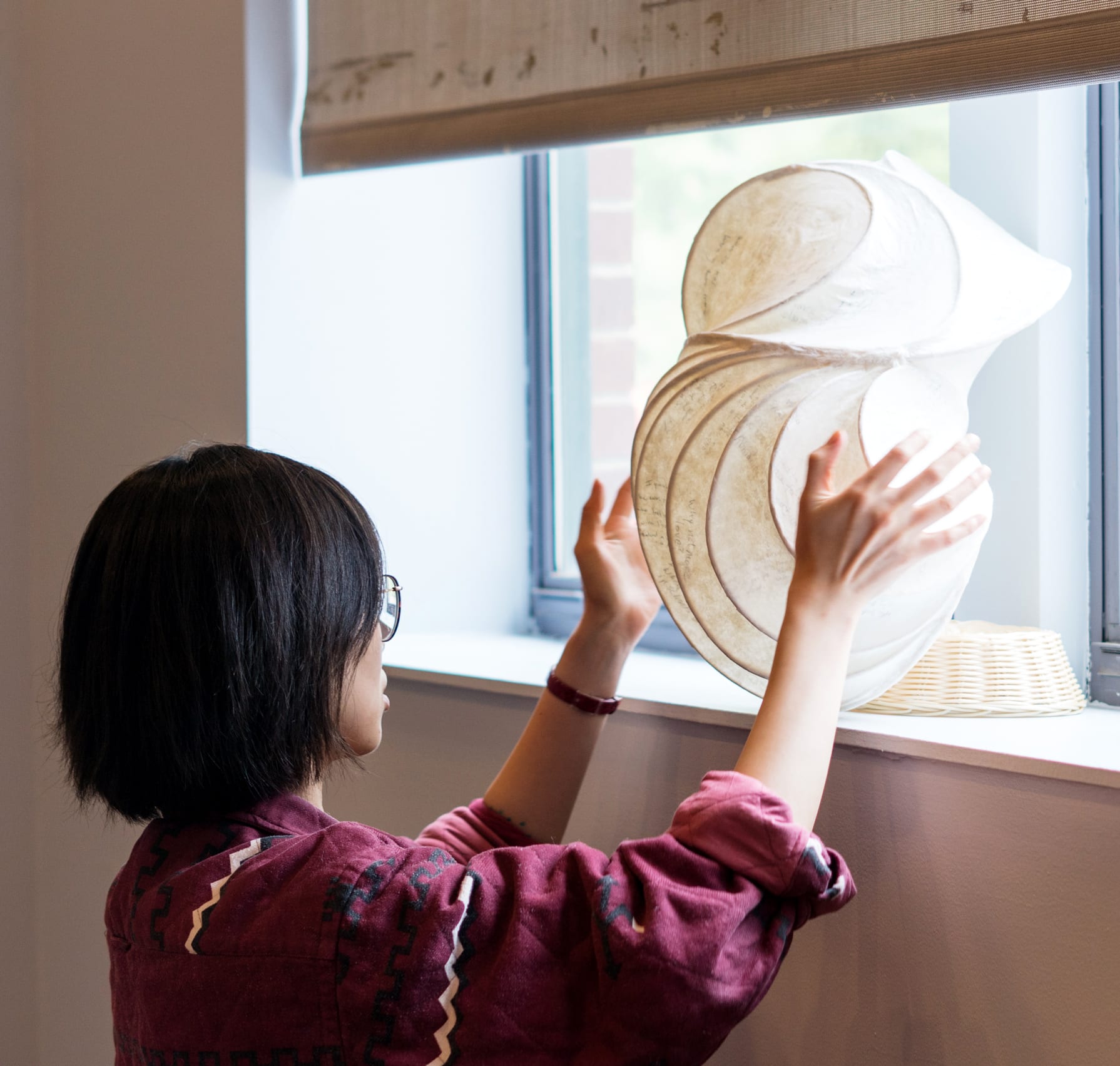
MENGXI ALTHEA RAO [she/her]
Althea Rao is a multiform conceptual artist with a social practice. Her works focus on revealing institutionalized disempowerment, facilitating radical community healing, and designing systems for intrinsic accountability. Her works exist as codes of conduct, performative interventions, multimedia installations and their documentation. She performs absurd interpretations of ethical values and negotiates idealism within a fully diverse society, while knowingly exhibits a willingness to count on human agency to see change for the better. Rao is currently an Engaging Artist Fellow at More Art and a recipient of the MAP Fund. She was an artist-in-residence at Artspace New Haven, a Fellow of Flaherty Film Seminar, and a Social Impact Fellow at Halcyon Arts Lab. Rao has lived and worked in China, Japan and the US. She holds an MFA in Film and Media Arts from Temple University and a BA in Journalism from Fudan University. Learn more at altheamrao.myportfolio.com.
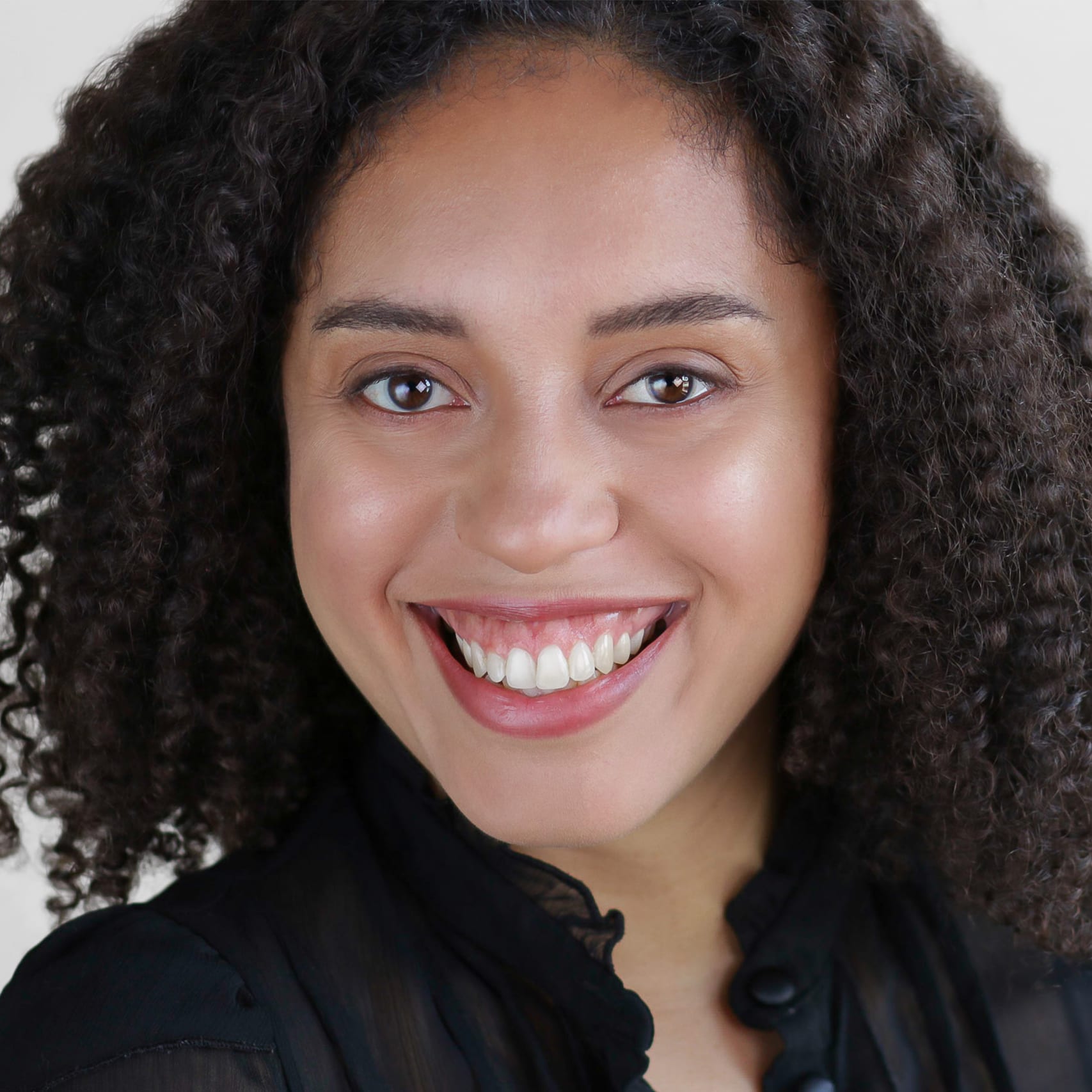
WI-MOTO NYOKA [she/her]
Project: El Otro Lado Del Destino
2019
A supernatural play about a family of espiritistas navigating old magic in contemporary life.
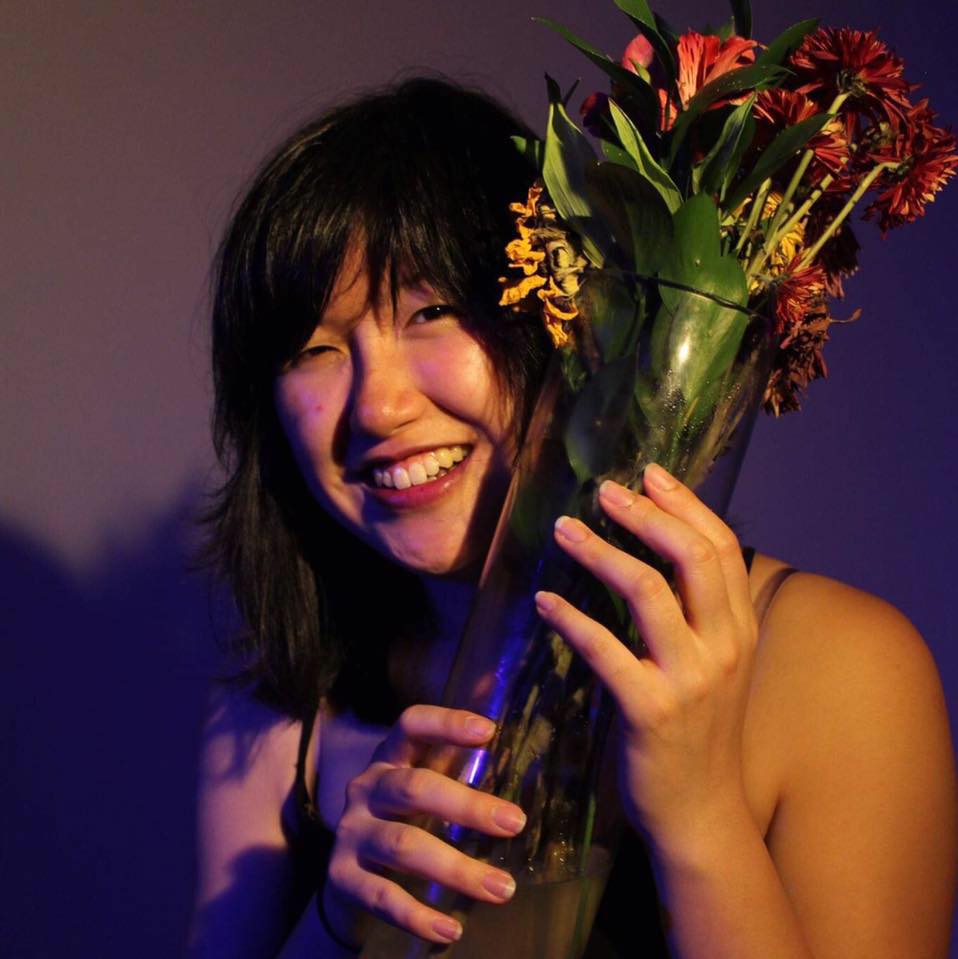
CINTHIA CHEN [she/her]
Project: Waters of Oblivion
2019
An exploration of memory through the figure of Meng Po, the Lady of Forgetfulness in Chinese mythology. She feeds souls a special brew of 迷魂湯 (’waters of oblivion’) to make them forget their previous lives before their next reincarnation.
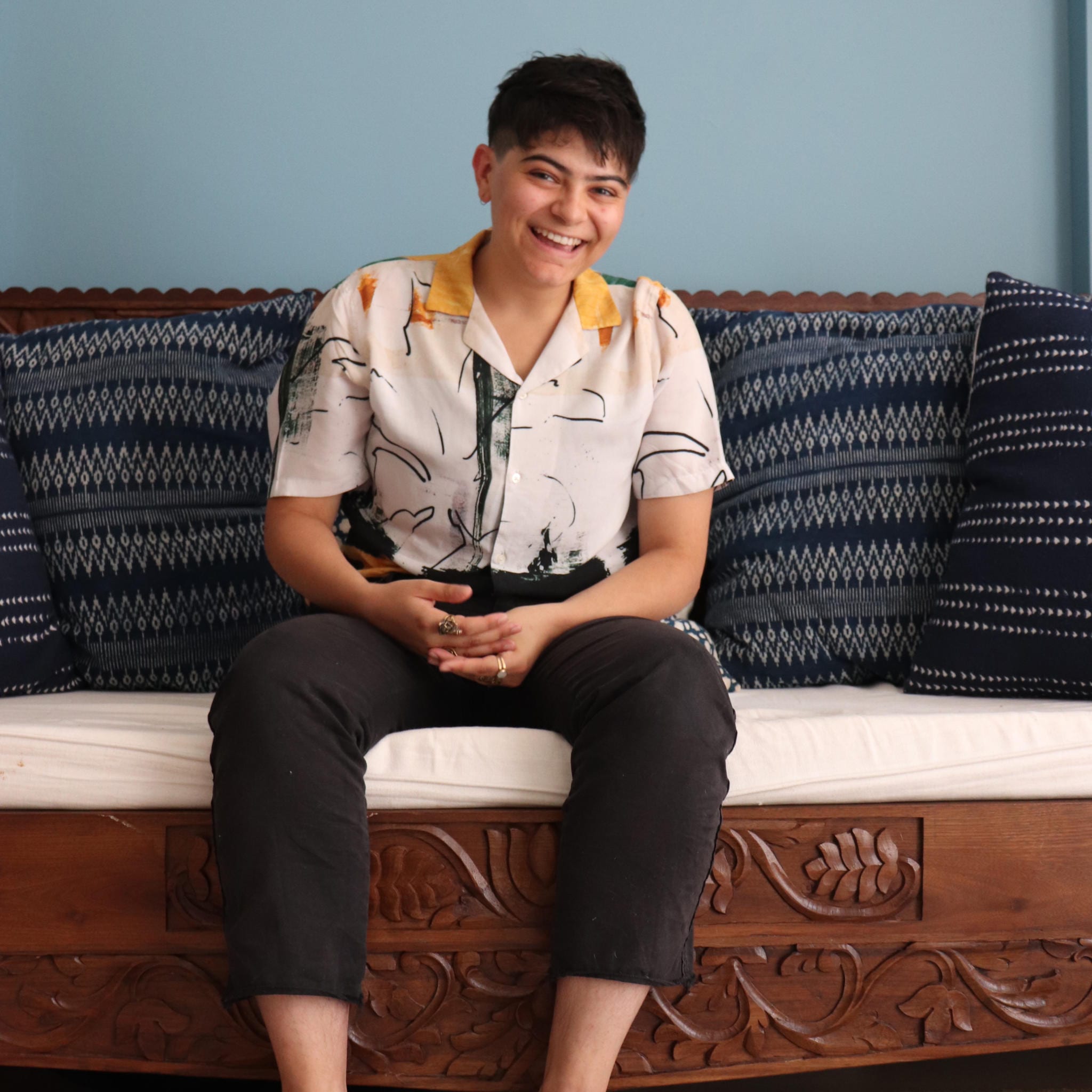
JUDE ĀTMAN [he/they]
Project: untitled exploration of cancel culture and healing
2019
Cancel culture is used as an inter-community weapon of exile, encouraging binary thinking. We become preoccupied with what kind of people we are; whether we are “good” or “bad” people. How can we imagine beyond the binary?
